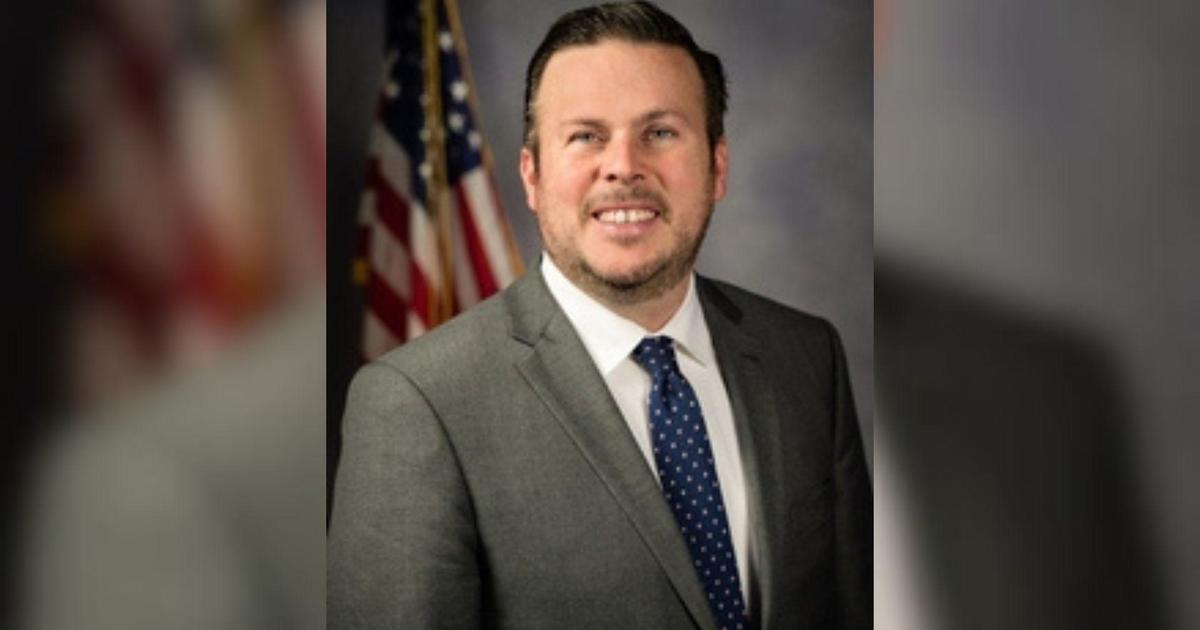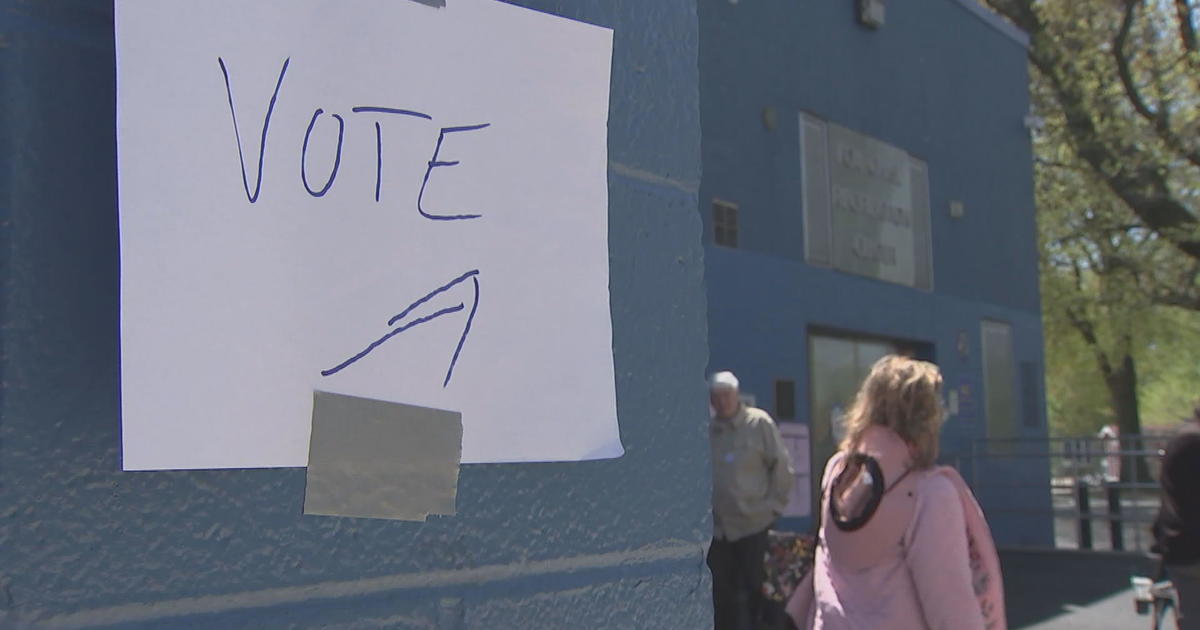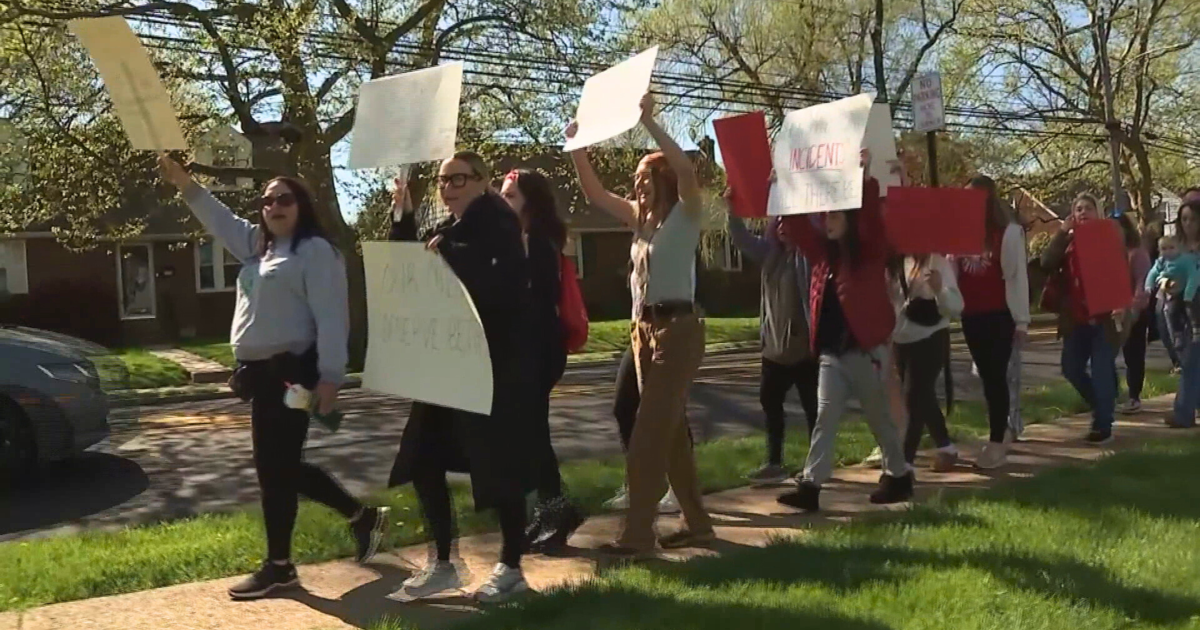I-Team Investigation: The Supervision Of Bradley Stone
By Charlotte Huffman
PHILADELPHIA (CBS) -- The District Attorney's office released new information Monday about last week's killing spree in Montgomery County which left six victims and the gunman dead.
Autopsy results show the gunman, Bradley Stone, whose body was found in a wooded area of Pennsburg one day after the murders, committed suicide by overdosing with prescription drugs.
Meanwhile, an I-Team investigation reveals the lack of oversight by the county that could have potentially stopped the killings.
Years ago Stone legally purchased firearms, including a 9mm and a .40 caliber handgun. One of the guns was used in the December 15th rampage where police say Stone murdered his ex-wife and five of her family members.
Under state law, Stone was permitted to own the guns.
But county court records obtained by the I-Team show under the terms of Stone's probation, he was expressly prohibited from having one.
Following a DUI charge and guilty plea in 2013, Stone was accepted into a probation program run by Montgomery County's Veteran's Treatment Court.
On November 15, 2013, Stone signed an agreement to participate in the program for veterans. Among the stipulations outlined in that agreement, "I will not own, use and/or possess any type of lookalike firearm, lethal weapon, explosives, and/or ammunition."
The question becomes - why wasn't Stone stripped of his guns as required by his probation?
Eyewitness News posed that question to multiple county officials responsible for overseeing Stone's probation but all of them declined to comment and referred questions to the Montgomery County District Attorney's office, which is handling the investigation.
The District Attorney's office was unable to answer specific questions from CBS3 about the probation supervision of Bradley Stone.
A press release made public late Tuesday by the D.A.'s office said the Probation and Parole Department conducted numerous inspections of Stone's residence and "at no time, did those home visits/inspections indicate that Stone was in possession of a firearm."
"Investigators also learned that, as recently as November 2014, Stone lied to a military psychologist when he stated that he did not have any weapons," the release stated.
Despite the inspections of Stone's residence, law enforcement officials say a check of handgun purchase records would've likely shown Stone's ownership.
"An honor system really is in place … having an honor system like this and relying solely on it is naïve," said University of Pennsylvania's Dr. Susan Sorenson.
Dr. Sorenson is a researcher and professor at Penn's School of Social Policy and Practice. She is also the Director of Penn's Evelyn Jacobs Ortner Center on Family Violence.
She says unlike Pennsylvania, a few states have procedures for getting a gun out of the hands of someone who already owns one but later becomes prohibited from having one.
"Some places have asked people to relinquish their weapons and provide evidence of that whether they sold the gun or put it in a pawn shop, they are supposed to provide evidence of that to the court," she said.
Dr. Sorenson points to California's Armed & Prohibited Persons System (APPS) which is run by the state Department of Justice.
APPS was created in 2001 in response to high-profile murder cases involving people prohibited from owning firearms. Among other things, the system cross-references five databases to find people who legally purchased handguns with those prohibited from owning or possessing them.
Judge William Furber Jr. presides over the county's probation department and is one of the people who reviewed and accepted Stone's application into the county's probation program for veterans.
On Tuesday, Judge Furber returned the I-Team's phone calls but said he is unable to answer specific questions about Stone's probation. He referred the I-Team to a prior statement which says in part;
"…Stone did not have a record of violence and he showed no violent tendencies while in the program."
"It is really hard to predict. None of us are sophisticated enough to predict a specific case but we do believe it is important to reduce the risk and that steps can be taken to reduce the risk of something like this from happening," said Dr. Sorenson.



